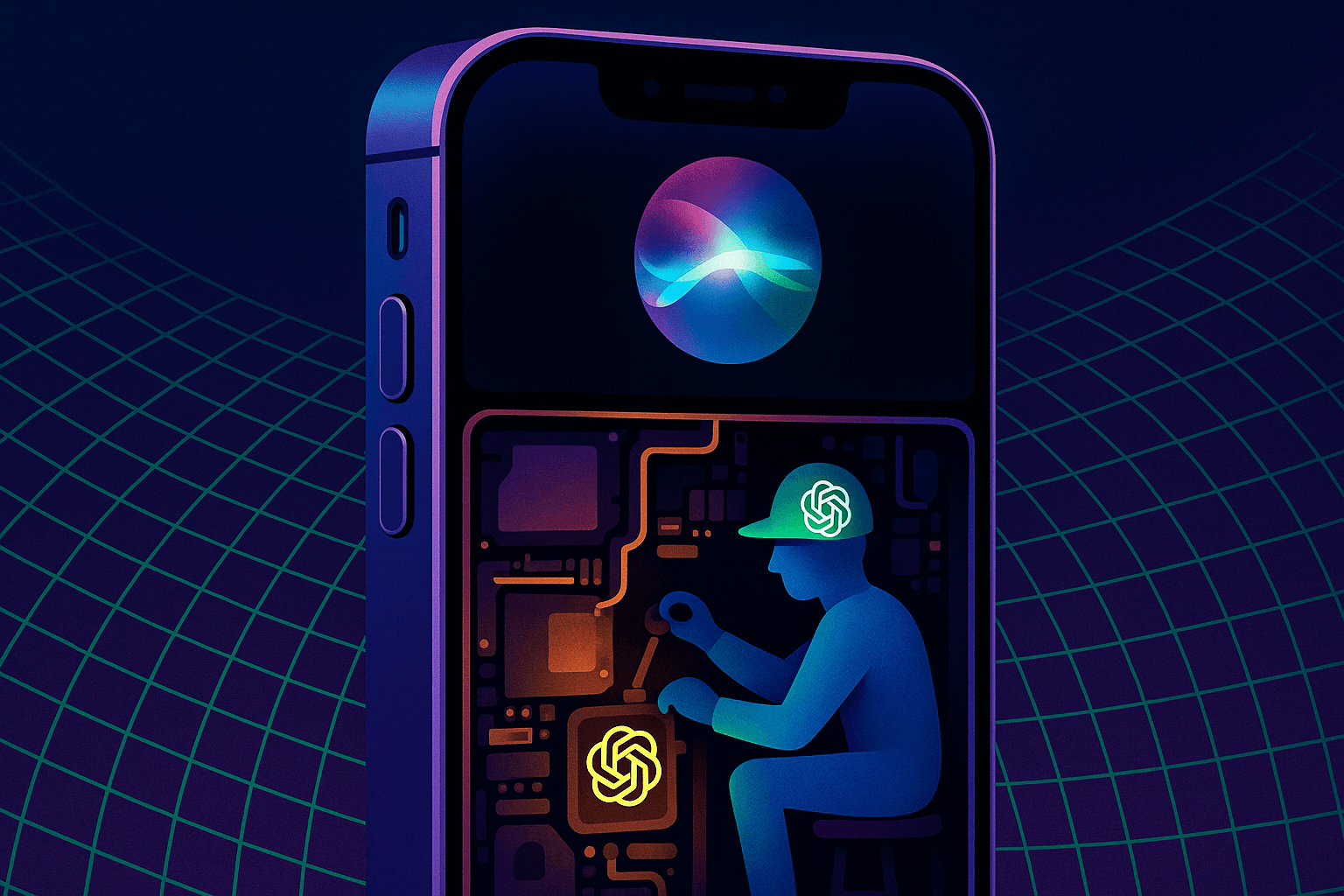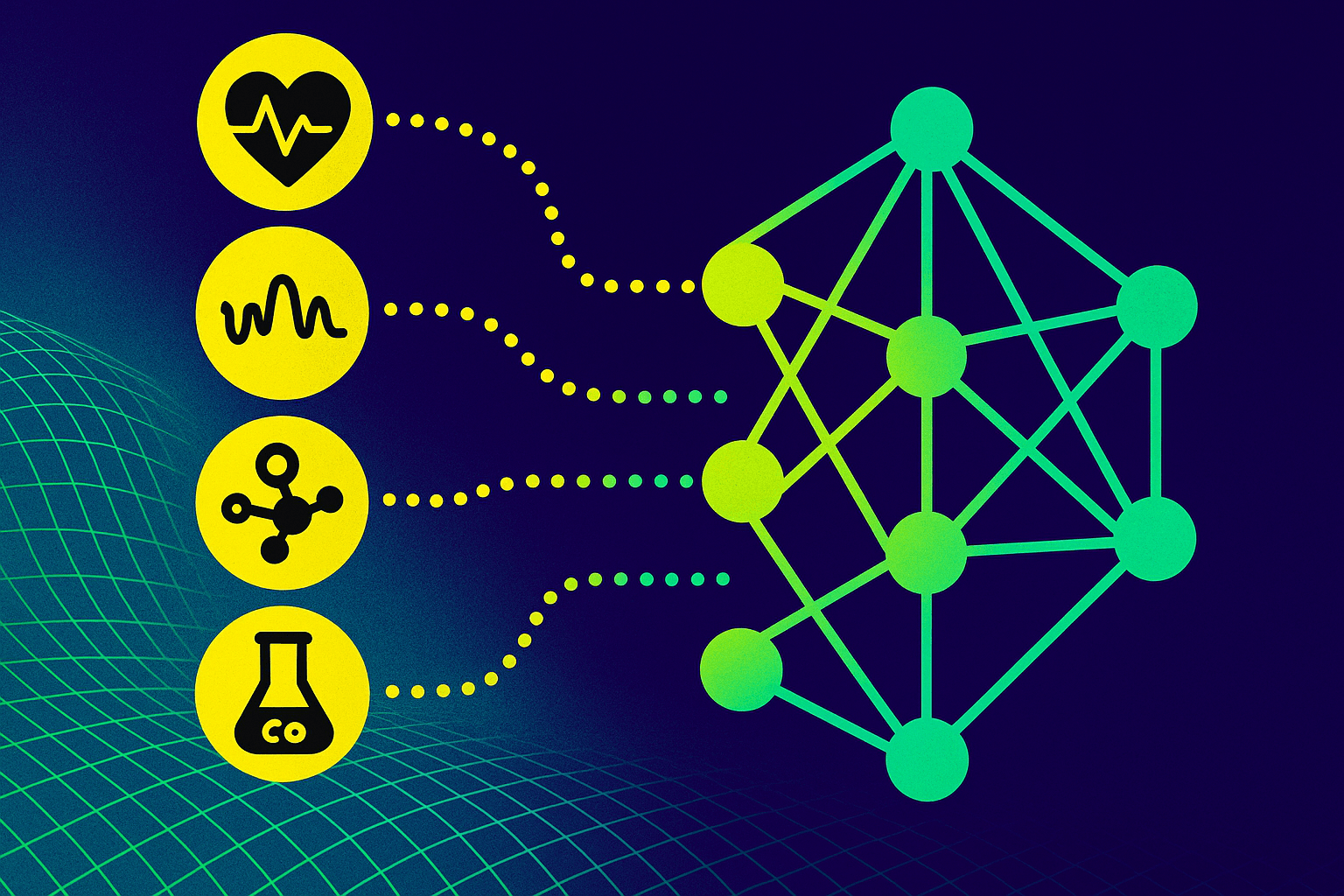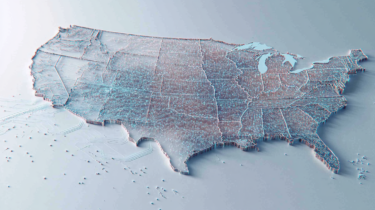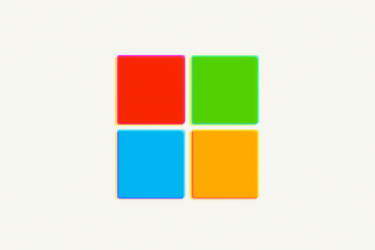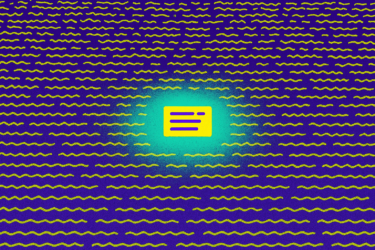Hub Generative AI
The Trump administration is preparing a series of executive orders aimed at accelerating the expansion of AI data centers in the United States, according to Reuters. The plan focuses on lowering barriers to power grid access and making federal land available for new facilities, addressing the rising electricity demand driven by AI applications. A formal action plan is expected to be unveiled on July 23. Faster permitting based on nationwide water rights framework is also under consideration. Critics warn that the U.S. power grid is already overburdened, with lengthy wait times for new energy projects. Earlier in his term, Trump declared an energy emergency and threw his support behind the Stargate Project with OpenAI, Oracle, and SoftBank. He is scheduled to speak at an AI event in Pennsylvania on July 15.
Google has launched a new AI app in the US called Doppl that lets users virtually try on clothes. The app, part of Google Labs, uses photos or screenshots to generate a digital version of the user and shows how different outfits might look. Doppl even creates short, AI-generated videos to visualize the results. The app is available now for Android and iOS. Google says Doppl is still in its testing phase, so fit and details may not always be accurate. User feedback will help shape future updates.
AI tools like ChatGPT are rapidly changing daily life for teachers in the US, according to a new Gallup study. Six out of ten public school teachers used AI in the last school year, mainly for lesson planning, grading, and communicating with parents. On average, teachers estimate these tools save them about six hours of work each week. Most say this improves their job quality. At the same time, education experts like Maya Israel from the University of Florida caution against relying too heavily on AI. While the technology can help with routine grading, Israel says it should not replace a teacher's educational responsibilities. Around two dozen US states have now introduced guidelines for using AI in the classroom.
Google has released a new AI-powered version of Google Colab, following an initial test phase. Colab AI can assist with data preparation, model training, debugging, and visualizations directly within the notebook. A new Data Science Agent is able to run complete analysis workflows, display results, and take user feedback. Users interact with Colab AI using everyday language, and the tool will update code or suggest corrections as needed. The new features are designed to streamline the workflow in Colab notebooks. Access is available via the Gemini icon in the toolbar of any open notebook.

